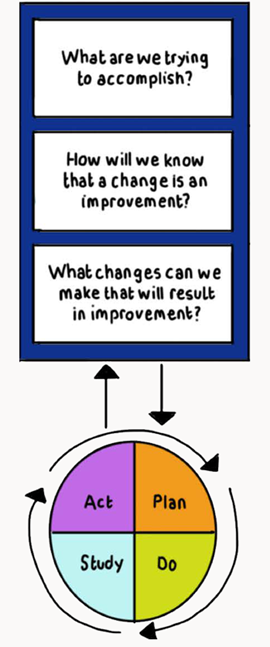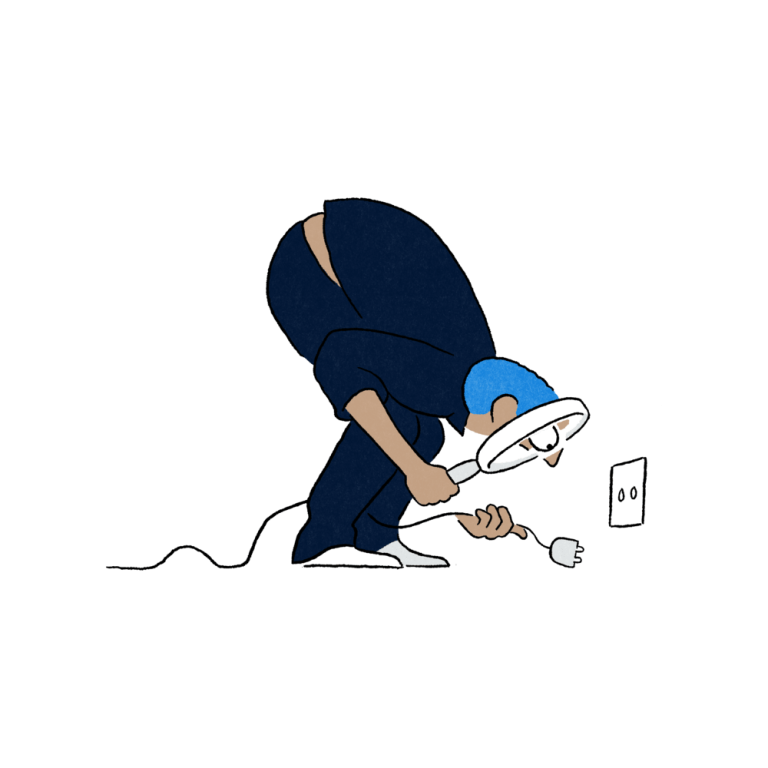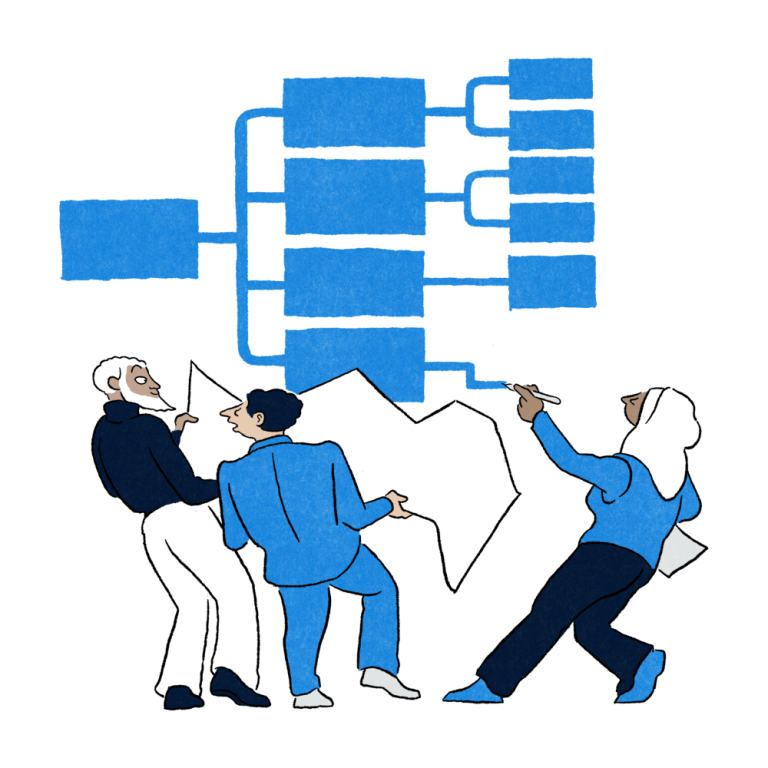
How to Improve
Seeking to improve something can sometimes be daunting, especially if issues are complex or the causes unclear. We apply a systematic method, as part of the ELFT QI approach, to help teams work through complex issues.

What needs improving?
Before diving into the models here are some useful starting questions to get you on track:
-
- Ask the recipients of the service…“What matters most to you?”
- Ask the staff in your area…“What are the pebbles in your shoes that get in the way?”
- Ask yourself and your team…“Is there a simple improvement that you can ‘just do’, or does it need a more rigorous approach, building a team around the issue to understand it more and create new ideas?
Improvement relies on a partnership between staff and service users, so having service users involved is essential. (find out more about how to do this by using the links below)
The Model for Improvement
At ELFT we use the ‘The Model for Improvement’ (MFI) as the framework and engine for developing changes. It leads us to ask three important questions to set our focus, and then provides a means to test out new ideas.

What are we trying to accomplish?
Guides you to think through the purpose of the improvement work and what it is you want to achieve in a clear and focused way. The outcome of this is to develop an aim statement that anchors your work in a specific, measurable, achievable, realistic and time limited wayHow will we know a change is an improvement?
Helps us to think through how we can measure our improvement work. Not all changes lead to improvement, so having a way to measure and understand the impact of a change is vital.What changes can we make that will result in an improvement?
Helps us to think through developing creative solutions to an issue, these are sometimes called “change ideas”. Staff and service users creativity is an essential part of this.The engine of change – PDSA cycles
Once you have some possible solutions to the issue you are focusing on, the Plan Do Study Act cycle, or PDSA for short, provides a simple framework for testing out those ideas and helping teams learn what worked and what didn’t. It has four stages to guide testing and learning. This learning is at the very heart of improvement.
PLAN
What do you predict will happen if you make this change?
DO
What actually happened?
STUDY
What did you learn?
ACT
What next?
How To Improve
Follow QI on social media
To keep up to date on the latest concerning QI at ELFT, follow us on our socials.








